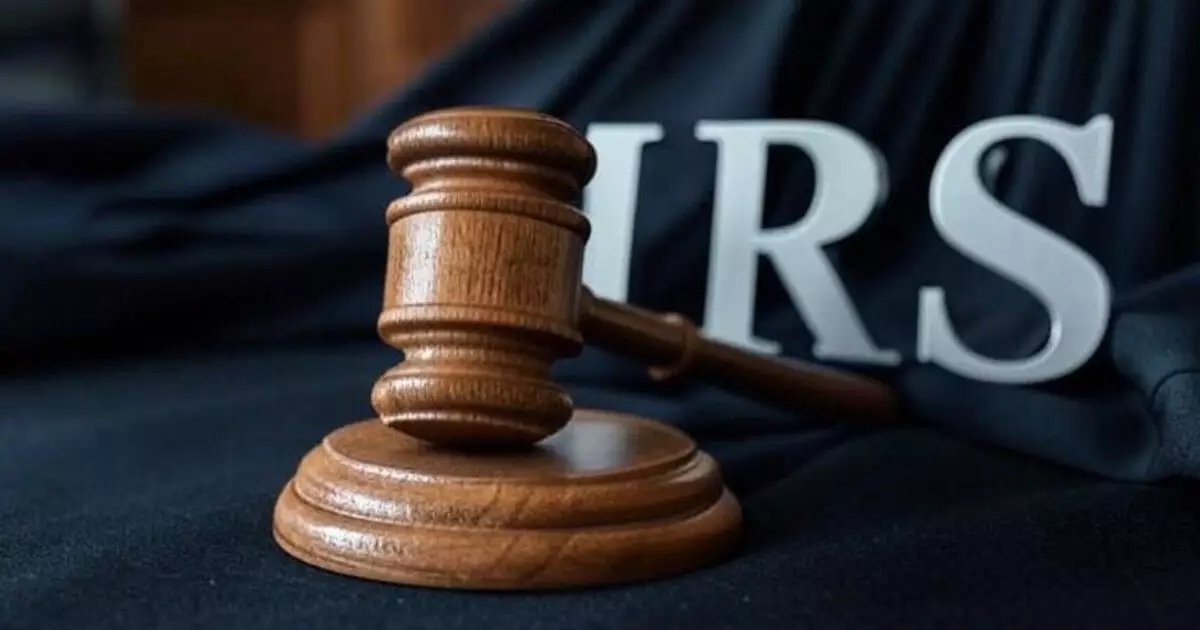In a critical move that underscores the growing tension between cryptocurrency advocates and regulatory bodies, Andreessen Horowitz’s blockchain division, A16z Crypto, has publicly denounced recent rules proposed by the U.S. Internal Revenue Service (IRS) and the Treasury Department. A16z’s head of regulation, Michele Korver, made headlines with her support for a legal challenge led by prominent organizations such as the Blockchain Association, DeFi Education Fund, and Texas Blockchain Council. These groups are contending that the new broker regulations imposed on digital asset service providers could jeopardize the viability of the decentralized finance (DeFi) sector in the United States.
The DeFi Education Fund has articulated a bold stance, asserting that the government’s updated regulatory framework could essentially act as a ban on DeFi itself. The implications of these rules are far-reaching, and many stakeholders believe they pose a significant threat to innovation. Korver described the situation as a “midnight” rule that not only exceeds the Treasury’s legal authority but also potentially violates the Administrative Procedure Act (APA). The firm is adamant that such regulations could stifle the community’s growth and innovation, asserting the belief that DeFi has the potential to foster a more inclusive and efficient financial ecosystem.
A16z Crypto has committed itself to a multipronged approach in advocating for DeFi, preparing for both court confrontations and interactions with legislative bodies. Korver’s reassurances to developers highlight a proactive stance amidst rising concerns regarding regulatory compliance. She emphasized, “DeFi builders should feel confident that industry attorneys are working hard to protect this technology,” indicating A16z’s strategic focus on ongoing legal defenses alongside legislative dialogues. This comprehensive advocacy approach aims to maintain momentum and support for decentralized finance innovations, notwithstanding an environment of increasing scrutiny.
The conversation around these regulatory developments has not been limited to A16z. Well-known crypto figures, including Hayden Adams, the founder of Uniswap, have publicly criticized what they perceive to be intentional obstructions to DeFi. Adams pointed to the timing of the regulations as a deliberate effort to disrupt the DeFi landscape, particularly in the waning days of the current U.S. administration. Such sentiments reflect a broader unease among crypto enthusiasts, who are wary of potential overreach by federal entities.
As the U.S. government continues to refine its regulatory stance on digital assets, the DeFi community finds itself at a critical juncture. The implications of the IRS and Treasury’s new rules could reshape the entire landscape of decentralized finance in the nation. With industry leaders rallying against what they consider unjust regulations, the outcome of this legal battle will likely be pivotal for the future of DeFi. The ongoing struggle not only represents a fight for regulatory clarity but serves as a test of resilience for a sector that promises innovative financial solutions for all. The path ahead is uncertain, but the commitment to legislation and legal recourse suggests that advocates are prepared for the fight.

